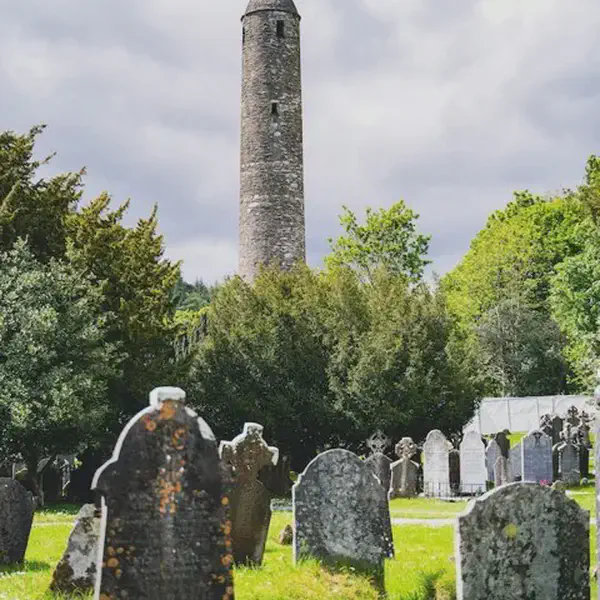
In Co. Wexford, the Rebel southern division moves camp from Slievecoilte to Lacken Hill
The Wexford Rebellion refers to the events of the Irish Rebellion of 1798 in County Wexford. From 27 May until 21 June 1798, Society of United Irishmen rebels revolted against British rule in the county, engaging in multiple confrontations with Crown forces. The most successful and destructive rising in all the counties of Ireland, United Irishmen rebels experienced a number of early successes in the county despite being seen as a relatively loyal county by the Dublin Castle administration due to a series of military victories. However, the tide soon turned against the United Irishmen in Wexford as Crown forces poured into the region, engaging in a brutal counterinsurgency which indiscriminately targeted suspected rebels and eventually suppressed all rebel activities in the county
ireland

Rebels attack Arklow
During the 1798 Irish Rebellion, a significant series of engagements unfolded:
ireland

In Co. Wicklow, the Arklow garrison is reinforced.
In County Wicklow, the Arklow garrison is reinforced. In County Wexford, the rebel southern division relocates its camp from Carrickbyrne to Slievecoilte.
ireland

Father James Coigly is executed by hanging at Pennington Heath.
Father James Coigly, a Catholic priest and prominent member of the United Irishmen, is executed by hanging at Pennington Heath, England, in 1798. He had been arrested in Margate while preparing to embark for France, where he intended to secure French military support for an Irish uprising.
ireland

In Wicklow, the Rebels burn Carnew; in Ulster
In Wicklow, rebel forces burn Carnew. In Ulster, they capture Larne, forcing the local garrison to retreat to Carrickfergus.
ireland

